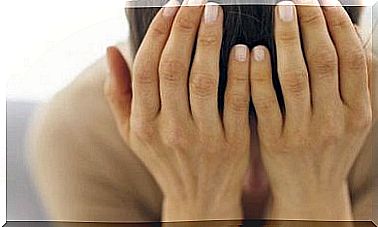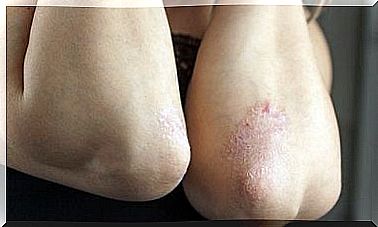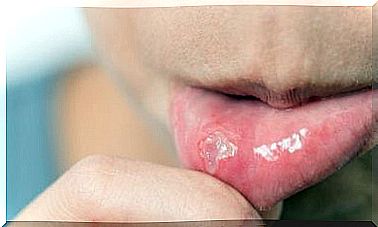Types Of Psoriasis
Psoriasis is not dangerous, but very uncomfortable. It is a hereditary disease that can be made visible in part by very strong outbursts that can affect self-esteem.
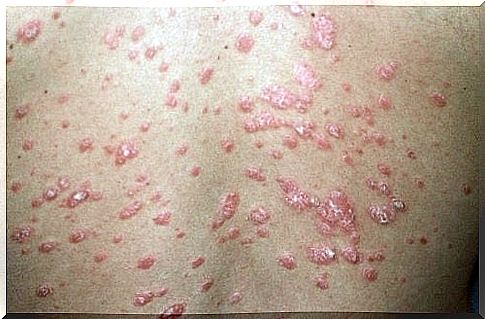
Psoriasis is a chronic skin condition that causes red spots and itching. There are different types of psoriasis that we would like to tell you about today
In addition, the skin flakes, which can lead to a whitish-silvery color depending on the severity of the disease.
What is psoriasis?
It is an autoimmune disease in which the white blood cells act too quickly.
This causes the layers of the skin to regenerate faster than normal, which leads to flaking, skin irritation and itching.
The disease is usually inherited, and men are more likely to be affected than women. So if your family has no affected family, the chances that you will suffer from it are minimal.
The trigger for psoriasis is often physical and psychological exhaustion due to great stress and overloading of the body and mind.
An unsteady lifestyle, problems at work or difficult personal situations over a long period of time can trigger this disease.
What types of psoriasis are there?
There are different types of psoriasis. In order to apply the correct treatment, it is very important to know what exactly it is.
Plaque psoriasis
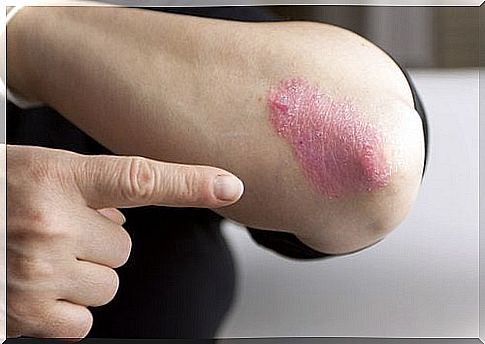
This is the most common type of psoriasis, where plaques come in different sizes and numbers. The skin lesions usually form on the knees, elbows, face, ears or back.
The well-defined plaques will not go away with ordinary ointments. They are more red at the edge than in the middle.
Plaque psoriasis causes severe itching, and scratching can produce small drops of blood.
When this type of psoriasis attacks the scalp, white dandruff occurs.
Affected nails split, sometimes the nail even separates from the nail bed.
Guttate psoriasis
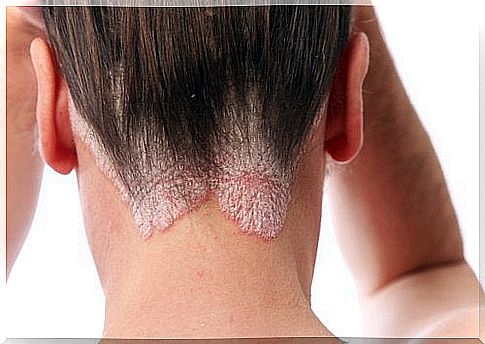
Here there are usually small red spots on the trunk and extremities, but these do not cover a large area.
The ears, face or scalp can also be affected to a lesser extent. This type is more common in people under the age of 30.
The lesions are less severe than in plaque psoriasis.
People with Streptococcus are more at risk of inheriting psoriasis and usually develop it in cold climates, which leads to dry skin.
Pustular psoriasis
This form of psoriasis is mainly found in adults. This results in pustules with non-infectious pus and reddening of the surrounding skin.
The skin usually turns red before the pustules form. In addition, itching and pain appear in the affected areas.
Erythrodermic psoriasis
This is one of the most dangerous types of psoriasis because it affects large areas of skin. This disease causes red spots with pustular psoriasis.
It occurs most often in people with unstable plaque psoriasis when the lesions are indefinite.
Inverse psoriasis
This occurs predominantly in the hips and folds of the skin, such as armpits, groin and under the breasts. It is particularly uncomfortable because the sweat makes the skin very sensitive in these areas.
Usually large patches appear without scaling. This type of psoriasis is easy to feel; it affects large areas in the bends of the body or skin folds.
Nail psoriasis
If the nails are itchy, crumbly or flaky, nail psoriasis is usually responsible. This is very similar to psoriasis on the scalp.
Psoriasis on the head
Psoriasis on the head is often mistaken for dandruff, and it usually affects people who also have another type of psoriasis.
This psoriasis begins with fine scales that gradually become denser and thicker and can spread over the entire scalp and also to the ears, forehead and neck.
Psoriatic arthritis (psoriasis arthritis)
People who also have another form of psoriasis, most of whom are between the ages of 30 and 50, can also develop psoriasis arthritis.
The most common symptoms include:
- inflammation
- Pain in joints and nearby areas
- Stiffness or blockage in the joints
- Fatigue and restricted movement
- Redness of the eyes and impairment of the tendons
In this case, it is very important to diagnose the disease early and treat it properly so that the joints are not permanently damaged.
Psoriasis and depression

It is common for people with psoriasis to also have a tendency to become depressed.
This is due to the fact that the complexion is not very attractive and attracts the attention of others, which can greatly affect self-esteem.
For this reason, when you have psoriasis, it is very important to seek support from family and friends who understand the disease and encourage the patient.
Don’t forget that self-medication is definitely not recommended.
Your immune system is different from that of other people, which is why other drugs are required for treatment, which must be individually adjusted.
